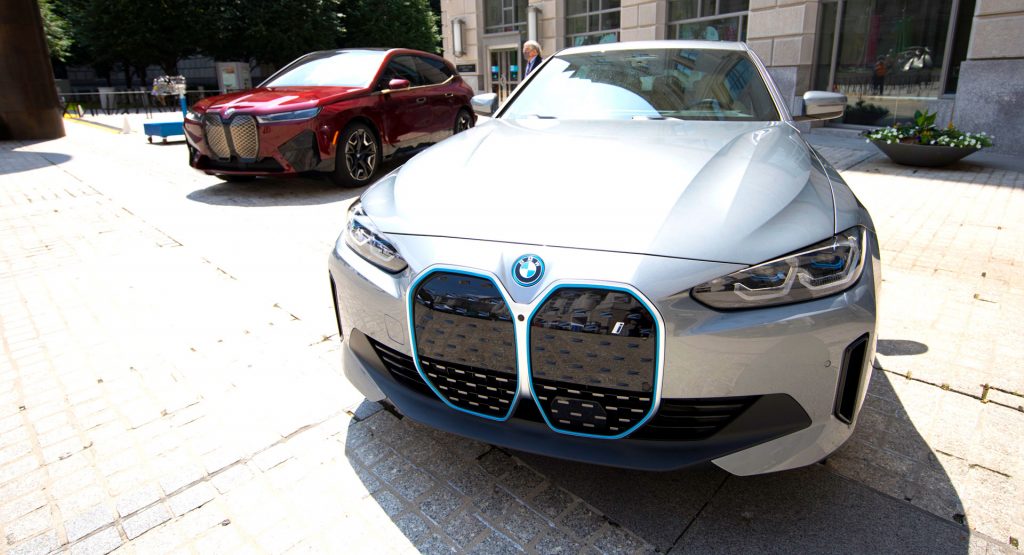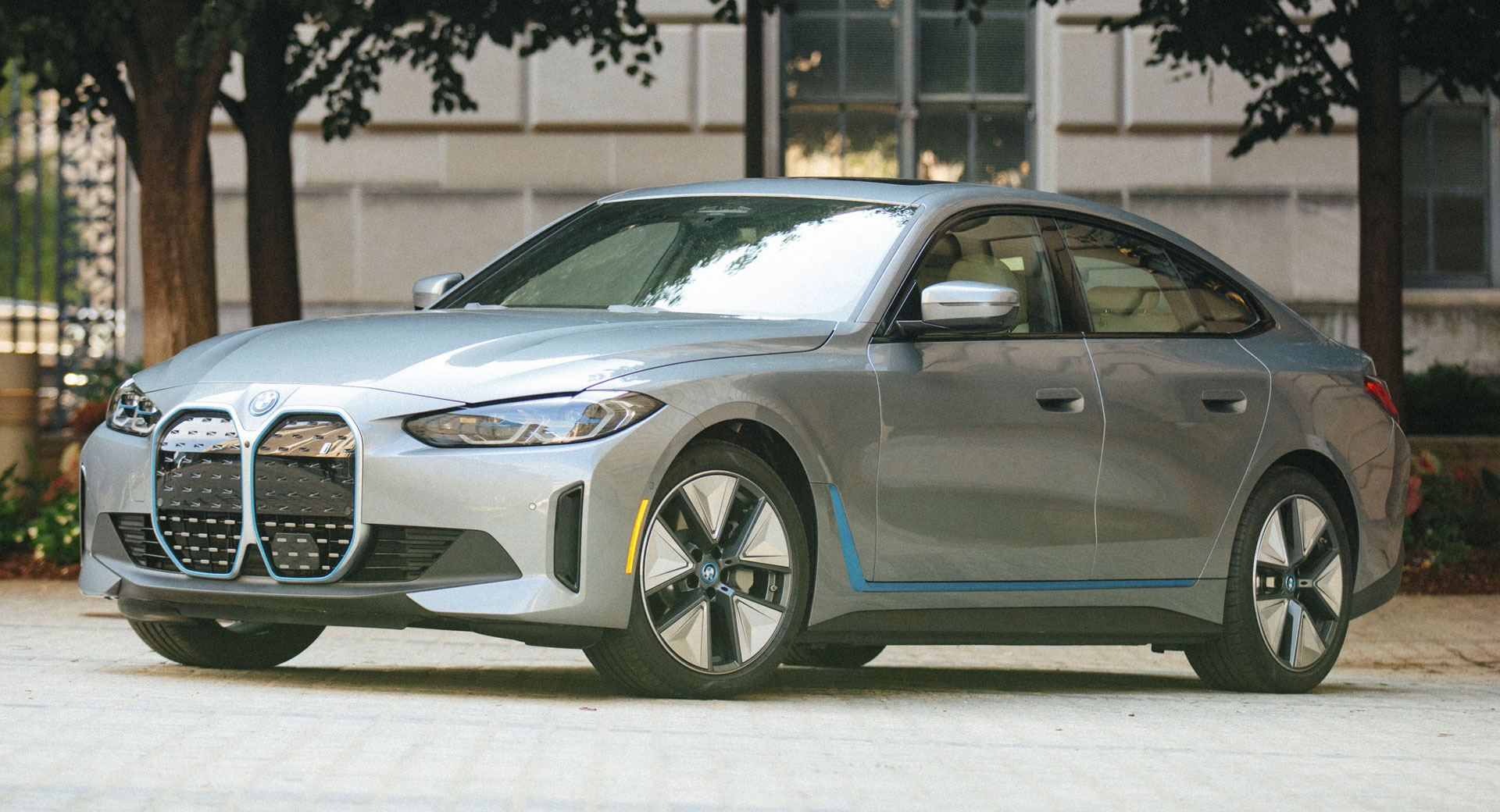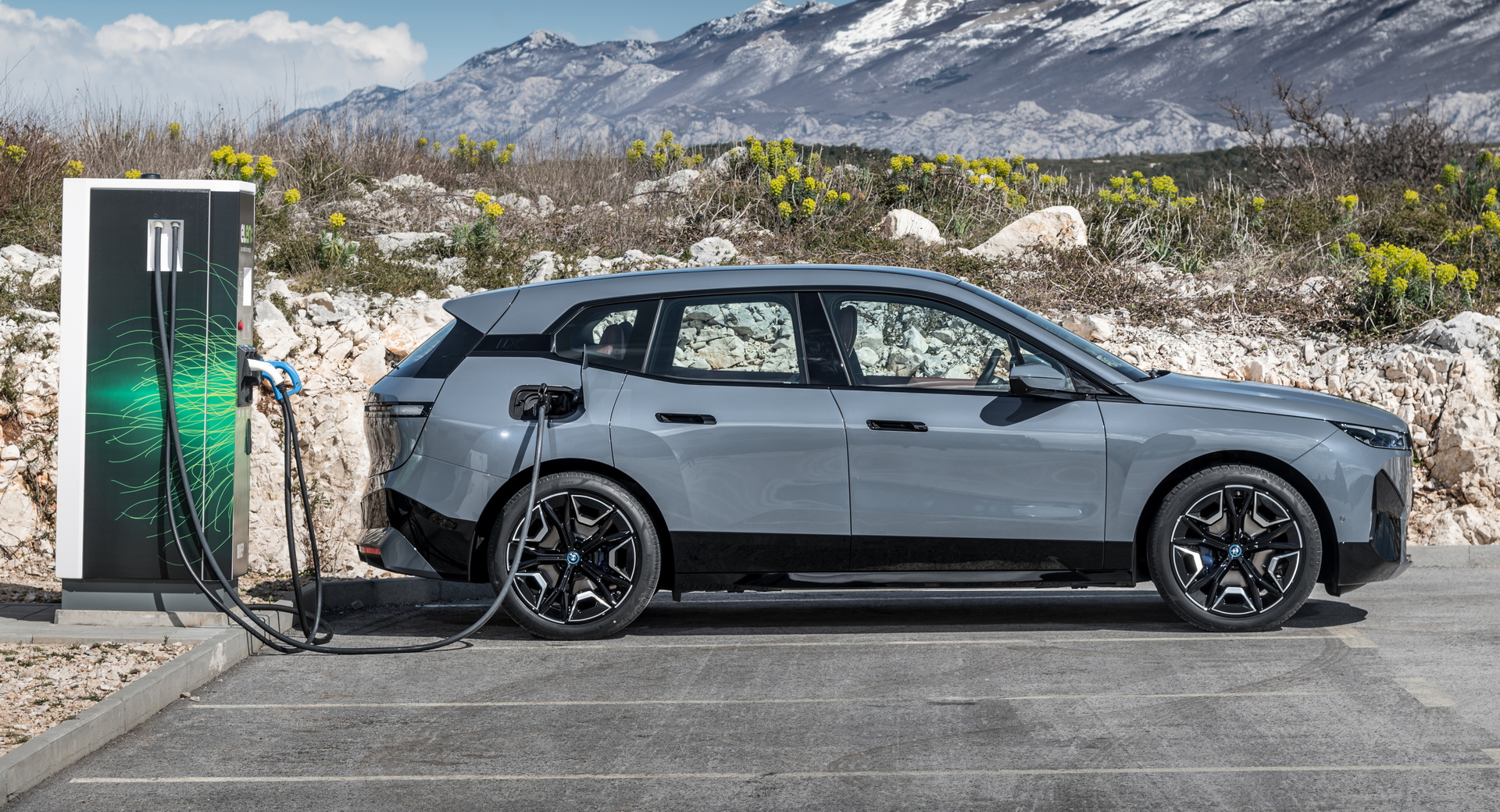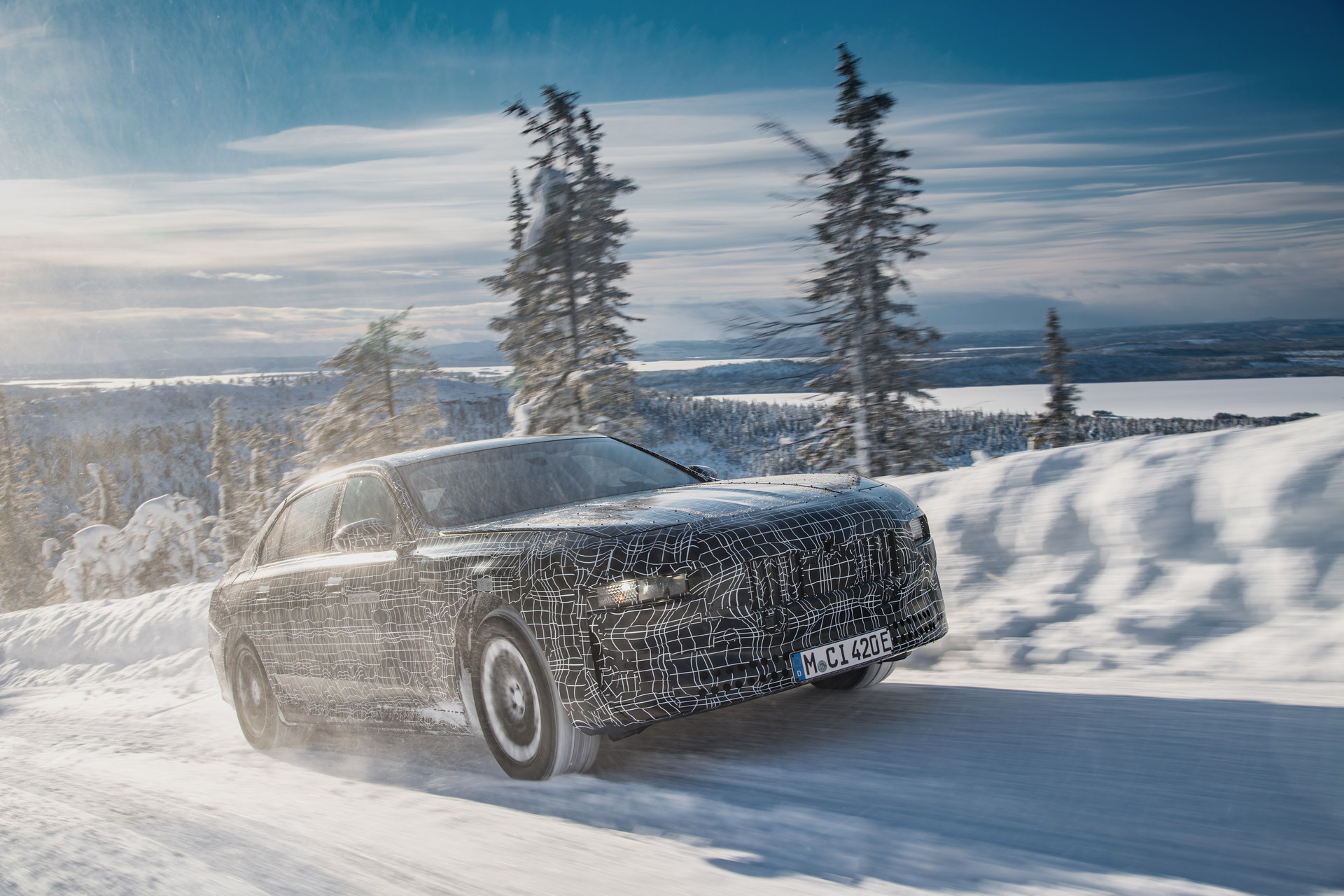BMW is investigating heavily into electric powertrains and is confident that Tesla’s reign over the electric vehicle market is over.
For many years, Tesla has led the way in the EV space and continues to outsell all of its rivals. This year, BMW aims to sell 200,000 EVs, double the number it delivered last year, and all part of a plan for at least 50 per cent of its vehicles to be fully electric by 2030.
Speaking with Auto News at a press event in New York, BMW Group sales chief Pieter Nota acknowledged that Tesla “had a unique selling point for some time” but says “that’s over.”
Registration data in the U.S. reveals that BMW needs to respond to the threat of Tesla and it needs to do so quickly. After a neck-and-neck sales race for the luxury automaker crown last year between Tesla and BMW, it is the electric automaker that’s had the stronger start to 2022 with 71,250 new-vehicle registrations in the first two months of the year compared to 54,210 registrations for BMW.
Read Also: BMW i3 eDrive35L Is A Fully Electric Long-Wheelbase 3-Series For China
To help it rival Tesla, BMW has launched the i4 and iX locally this year and will soon also release the i7. In 2023, BMW’s EV range will grow further with the introduction of an electric 5-Series and an electric Mini Countryman.
“We will push the company to the limits of production capability,” added chief executive Oliver Zipse. “Demand will be surging. We already see that with the iX, with the i4.”
It won’t all be smooth sailing for BMW, though. Nota told Auto News that supply chain issues continue to impact the industry and that pressures likely won’t ease until 2023.
While BMW believes it can rival Tesla in the EV market, it has not yet followed the lead of some of its rivals in announcing a complete switch to electric powertrains. According to Zipse, charging infrastructure is not keeping pace with demand for EVs.
“If you want to be resilient, you have to be flexible,” he said. “We think the [EV] infrastructure will not move as fast as market demand.”






